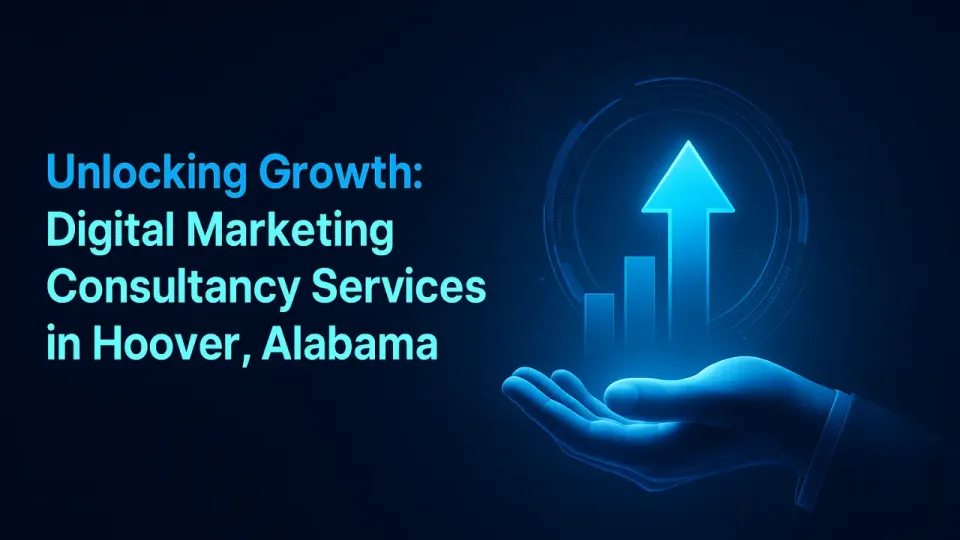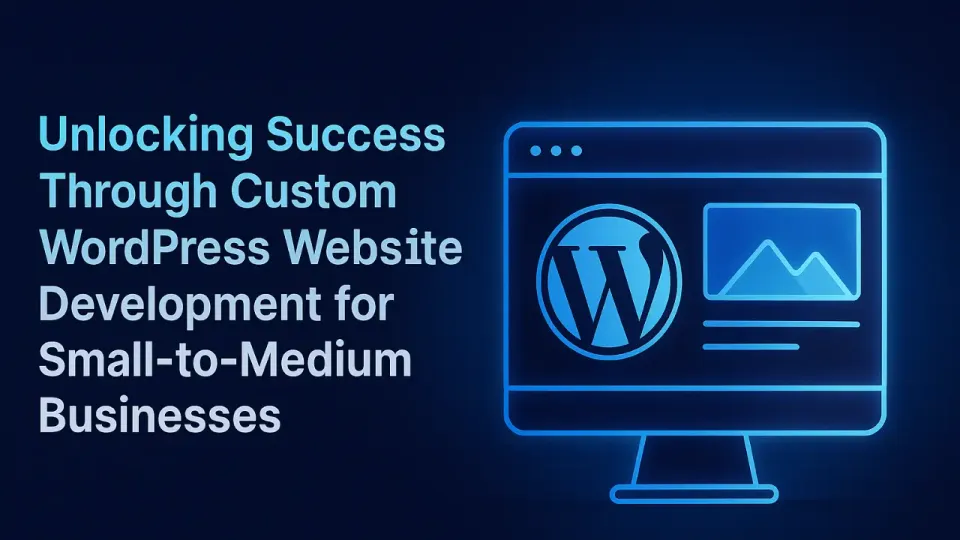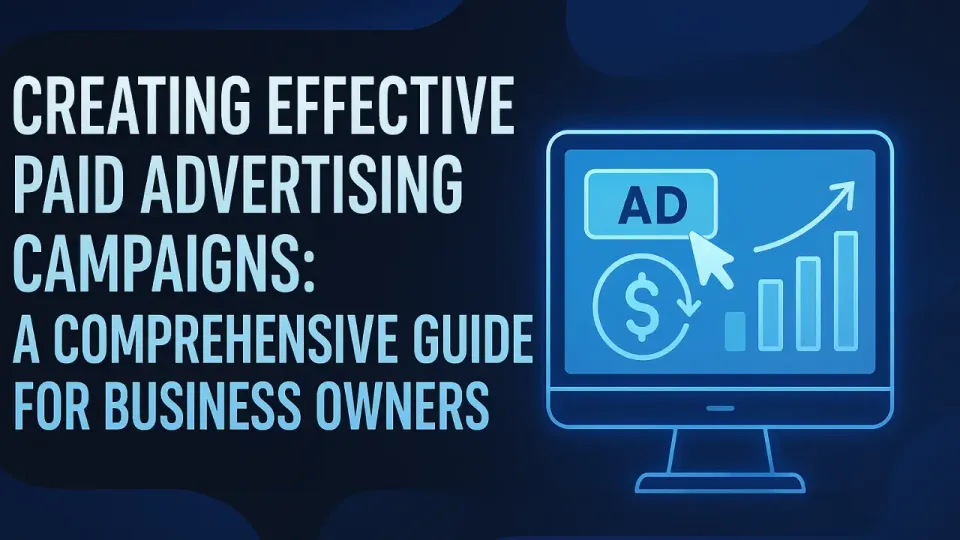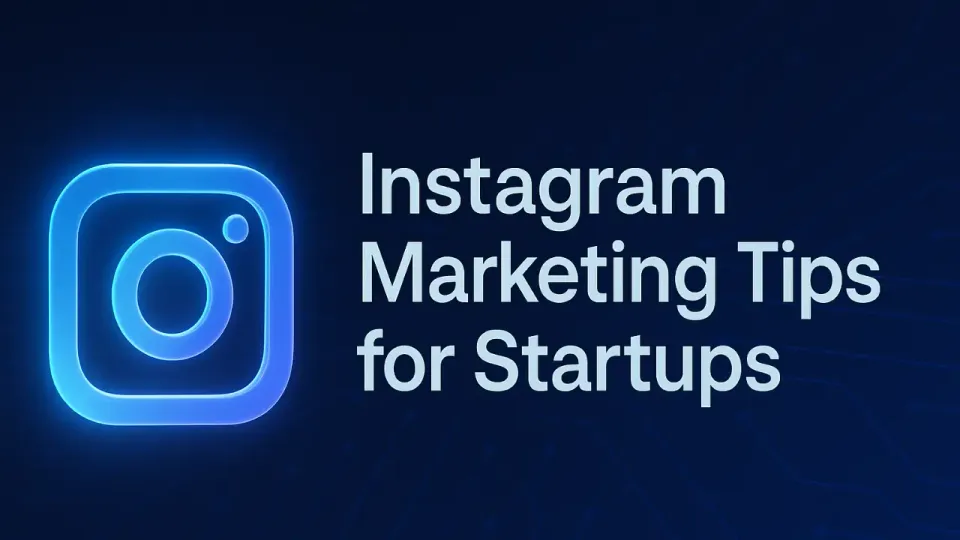Mastering SEO Optimization for Small Business Owners
Discover effective SEO optimization strategies tailored for small business owners and entrepreneurs. Learn how to attract qualified leads, increase visibility, and boost revenue.
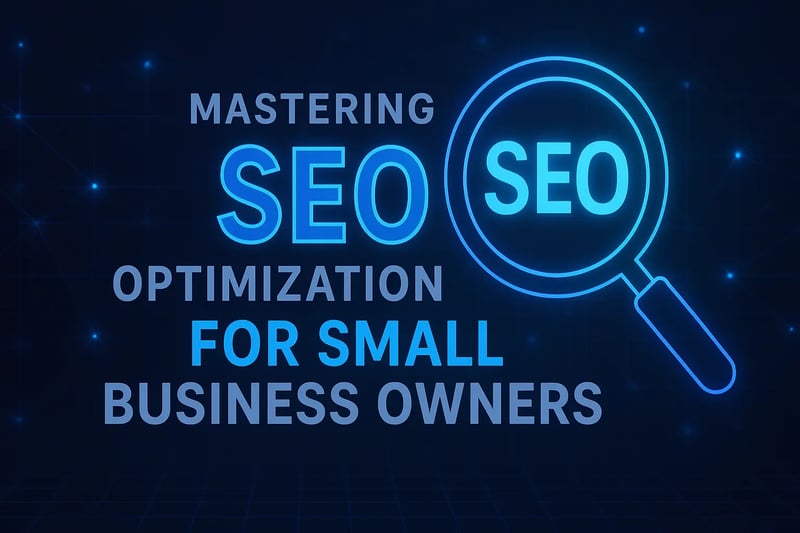
In today’s digital marketplace, standing out from the competition is more crucial than ever, especially for small-to-medium business owners. One of the most effective and cost-efficient ways to boost your online visibility is through SEO Optimization. But what does that really mean? And how can you, as an entrepreneur, harness its power without drowning in technical jargon?
Understanding SEO Optimization
At its core, SEO Optimization involves tweaking your website and online content to rank higher on search engines like Google. Imagine you own a café in Hoover, AL. When someone searches for "best coffee near me,” you want your establishment to pop up as one of the top results. Why? Because studies show that over 75% of users never scroll past the first page of search results. That’s why SEO is vital for your business.
The Basics: Keyword Research
To kickstart your SEO journey, it’s essential to understand the importance of keywords. These are the terms potential customers use when searching for products or services online. Here’s how to find them:
- Use Keyword Research Tools: Tools like Google Keyword Planner or SEMrush can help you discover popular keywords related to your business.
- Consider User Intent: Think about what your customers are searching for. Are they ready to buy, or just gathering information?
- Local Keywords Matter: For individuals in Hoover, adding local terms such as “Hoover coffee shop” can help you attract local traffic.
Take the case of Sweet Home Cafe, a small coffee shop that implemented local SEO strategies. By targeting phrases such as "best coffee in Hoover" and optimizing their Google My Business profile, they increased foot traffic by 35% in just six months.
On-Page SEO Tactics
Once you’ve identified your keywords, it's time to apply them effectively on your website. On-page SEO is all about optimizing various elements on your site:
- Title Tags and Meta Descriptions: Ensure your title tags are compelling and include your primary keyword. Similarly, crafting a well-thought-out meta description can help improve click-through rates.
- Header Tags: Use H1, H2, and H3 tags strategically. These tags inform search engines about the structure and main topics of your content.
- Quality Content: Create informative, engaging content that addresses your audience’s pain points. Remember, good content is shareable and builds backlinks organically.
A real-world example of effective on-page optimization can be seen with the website The Local Butcher, which saw a 50% increase in organic traffic after updating their content to include relevant keywords and engaging visuals that enhanced user experience.
Link Building and Off-Page SEO
While on-page SEO focuses on your own website, off-page SEO involves enhancing your site’s authority using backlinks. Here’s how you can begin:
- Create Valuable Content: When you produce high-quality blog posts or videos, people will naturally want to link back to it.
- Guest Blogging: Collaborate on guest posts with other reputable blogs within your niche to earn backlinks.
- Leverage Local Partnerships: Building relationships with other local businesses can lead to mutually beneficial backlink opportunities.
For instance, after teaming up with a local fitness blogger, a small health food store experienced a significant rise in website referrals, demonstrating how community collaboration can enhance your SEO efforts.
Measuring Success: Analytics & Improvements
Lastly, for your SEO efforts to be successful, you must continually track and measure your results. Google Analytics is a powerful tool that can help you:
- Track Website Traffic: Monitor the number of visitors coming to your site and where they're coming from.
- Analyze User Behavior: Understand how users interact with your site to identify areas for improvement.
- Assess Keyword Performance: Determine which keywords are driving traffic and conversions, allowing you to tweak your strategy effectively.
Consider the example of Pearly White Dental, a local dental clinic that successfully utilized Google Analytics to refine their SEO strategy. By observing which pages had the highest bounce rates, they made necessary adjustments that led to a 25% increase in appointment bookings.
Conclusion
SEO Optimization is a marathon, not a sprint. By starting with proper keyword research, on-page and off-page tactics, and consistently measuring your performance, you can position your business for long-term success. Remember, the goal is to not only attract visitors but to convert those visitors into loyal customers.
FAQs
- What is SEO Optimization? SEO Optimization refers to strategies used to enhance a website's visibility on search engines, ensuring it ranks highly for relevant keywords.
- How long does it take to see results from SEO? Typically, it can take 3 to 6 months to see significant results from SEO efforts, depending on competitiveness and quality of strategy.
- Do I need to hire an SEO expert? While you can handle it yourself, hiring an SEO expert can accelerate your strategy and provide expert insights.
- What are some free tools for SEO Optimization? Tools like Google Analytics, Google Search Console, and Ubersuggest offer great insights for free.
- Is SEO a one-time task? No, SEO is an ongoing process that requires regular updates and monitoring to stay effective.
"Joining this community has been a game-changer for staying updated on the latest trends & events!" - John B.


